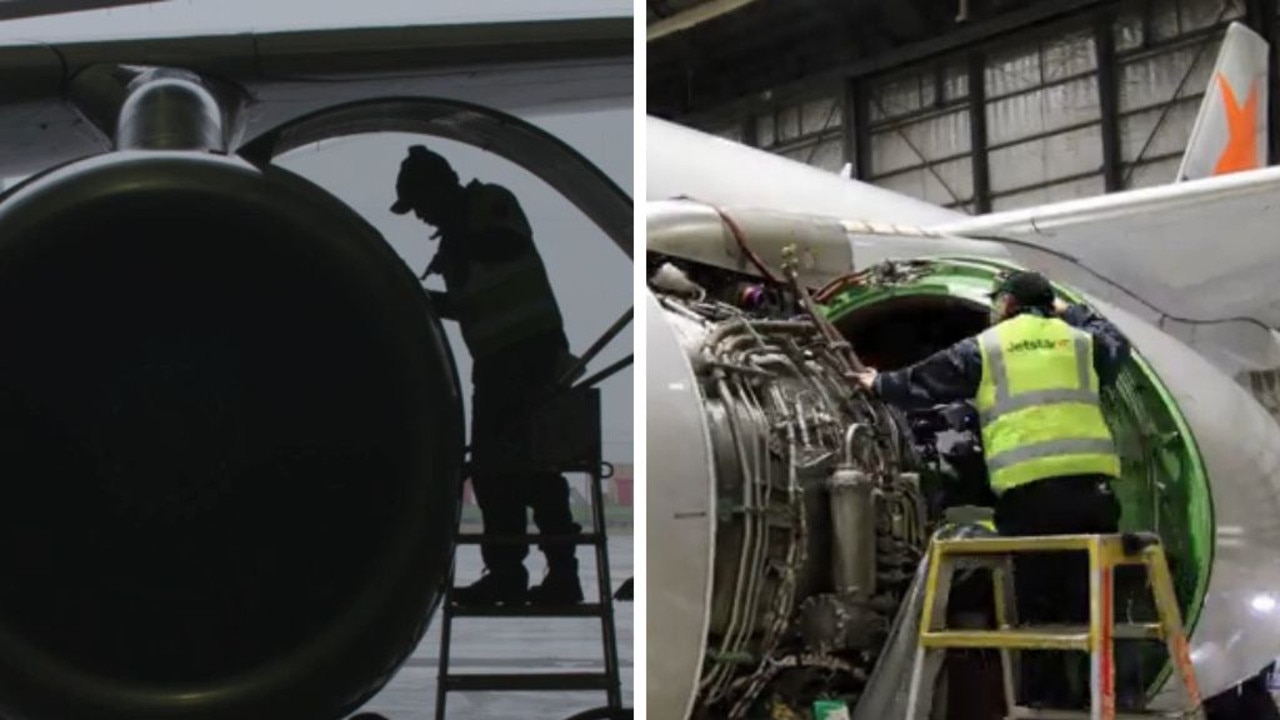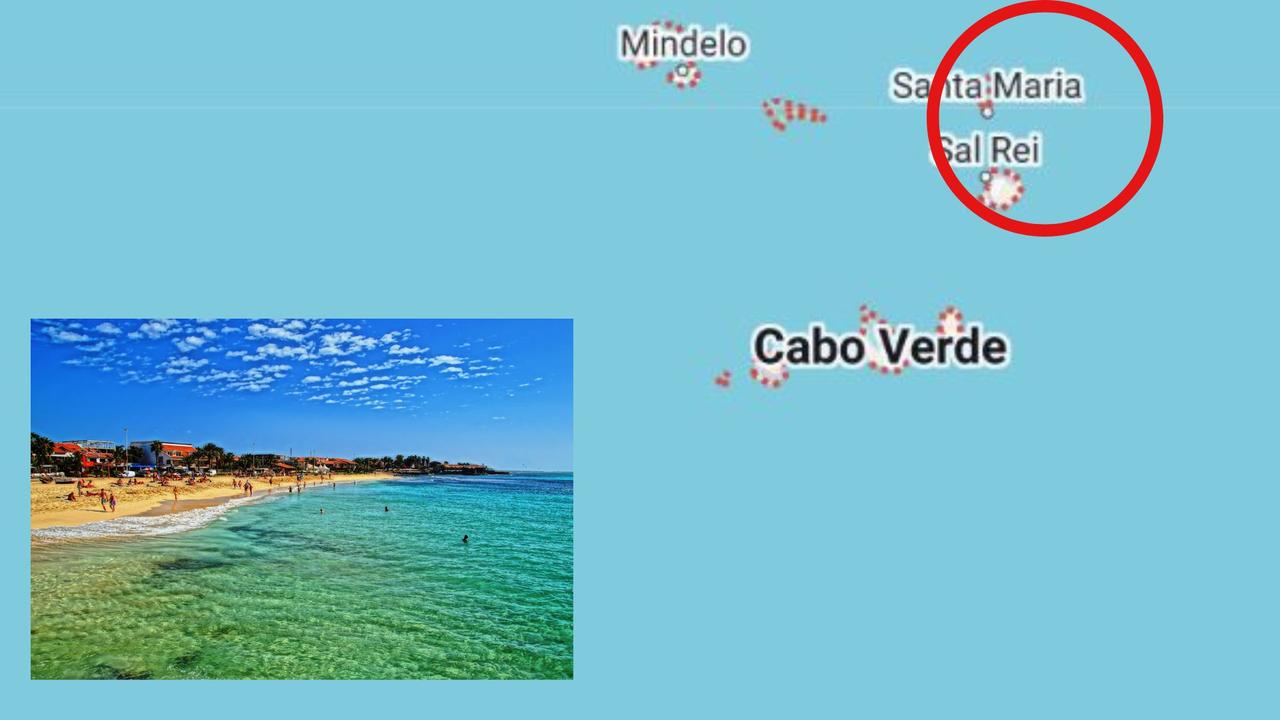Aussie travellers warned as Brazil ‘feels like’ 58.5C ahead of El Niño summer
It’s not even summer yet and the “feels like” temperature in this popular city has hit 58.5C as El Niño is underway.
The “feels like” temperature hit 58.5C in Rio de Janeiro this week as Brazil swelters through a heatwave – and it’s not even summer yet.
Thermometers in the city read 39C on Tuesday, local time, but the “feels like” temperature – a measurement of how hot or cold it feels like on the skin, depending on humidity, temperature and wind speed – was much higher.
It marked “the highest thermal sensation since the beginning of records” in 2014, surpassing highs of last February of 58C, according to the Rio Alerta system.
In Sao Paulo thermometers rose to an average of 37.3C on Tuesday, local time, according to the municipal Climate Emergency Management Center.
Brazil’s National Institute of Meteorology (known by Portuguese acronym INMET) said Mato Grosso do Sul state in the nation’s interior recorded 43C last week, the record for actual temperature during this heatwave.
And the extreme heat in Brazil is forecast to continue until at least Friday.
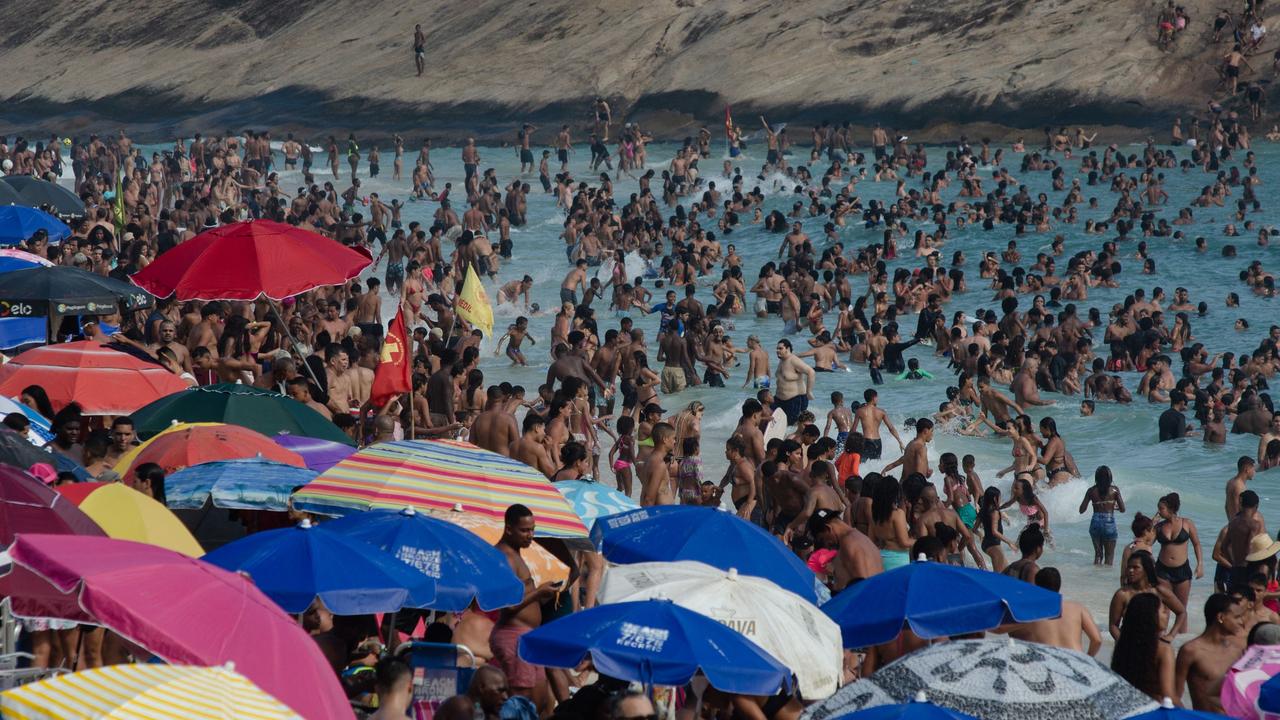
Angus Kidman, a travel expert at comparison website Finder, told news.com.au Aussie travellers planning to go to Brazil, who hadn’t already locked in travel insurance, would likely have trouble getting their money back if they no longer wanted to go due to the extreme heat.
“The longstanding advice for tourists visiting Brazil is to be cautious because of high crime rates, but extreme weather is now playing a role as well,” he said.
“Have a trip booked soon and want to cancel because of the heat? If you haven’t already got insurance for your trip, your options for getting money back may be limited.
“Once authorities declare an extreme weather event, insurers may limit or remove coverage from any new policies, since it’s no longer an unforeseen circumstance.”
He said Aussies needed to obtain travel insurance straight after booking flights and accommodation to “maximise the benefits” of their cover.
“If you need to cancel or reschedule, contact your insurer promptly to see if you’re eligible for cover,” he advised.
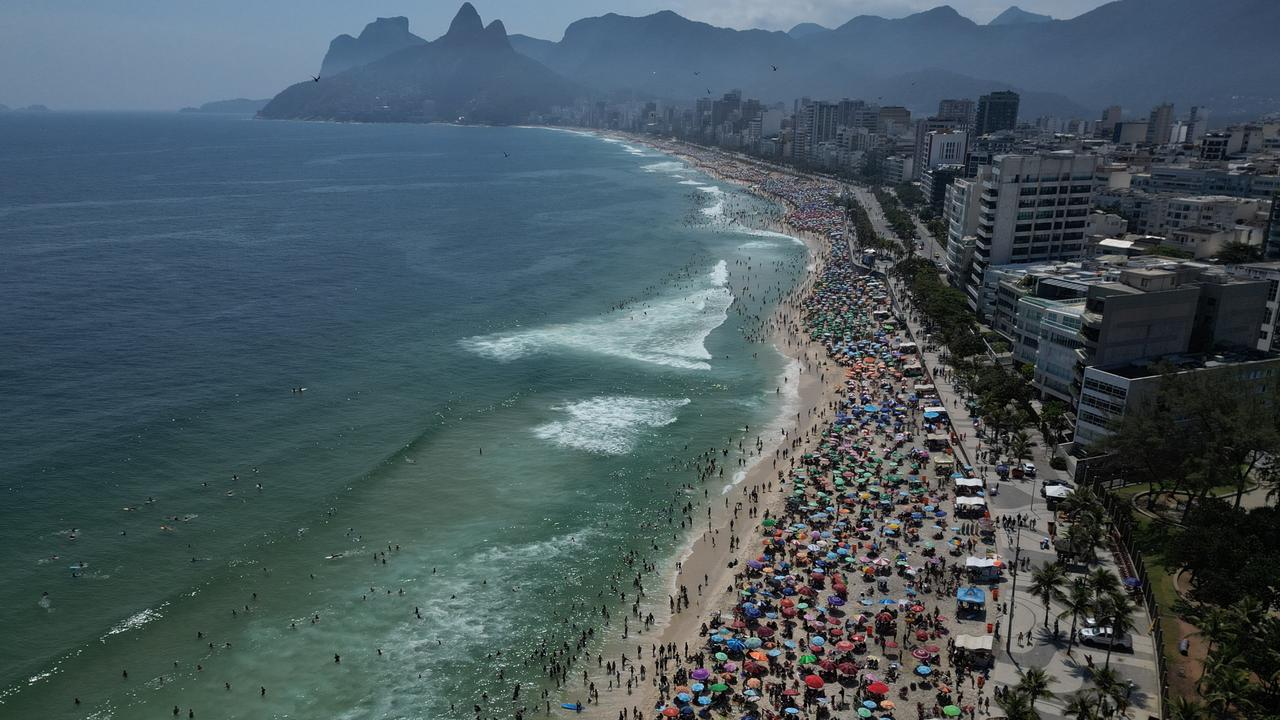
Like Australia, South America is affected by the climate phenomenon El Niño, which is underway after three years of La Niña.
Danielle Ferreira, a climatologist at INMET, explained to the Associated Press that in Brazil, El Niño has historically caused droughts in the north and intense rainfall in the south.
She said this year, the impacts of the climate event have been particularly dramatic.
In recent months a historic drought emptied rivers in the Amazon and there was intense rains accompanied by cyclones in the south of the country.
In addition, fires caused mainly by human action in the Pantanal, the world’s largest wetland, have been aggravated in November by an exceptional drought.
Unseasonably high temperatures, around 5C above seasonal normal, have been punishing Brazilians especially since last weekend and will remain until Friday, INMET estimated in a bulletin issued on Monday.
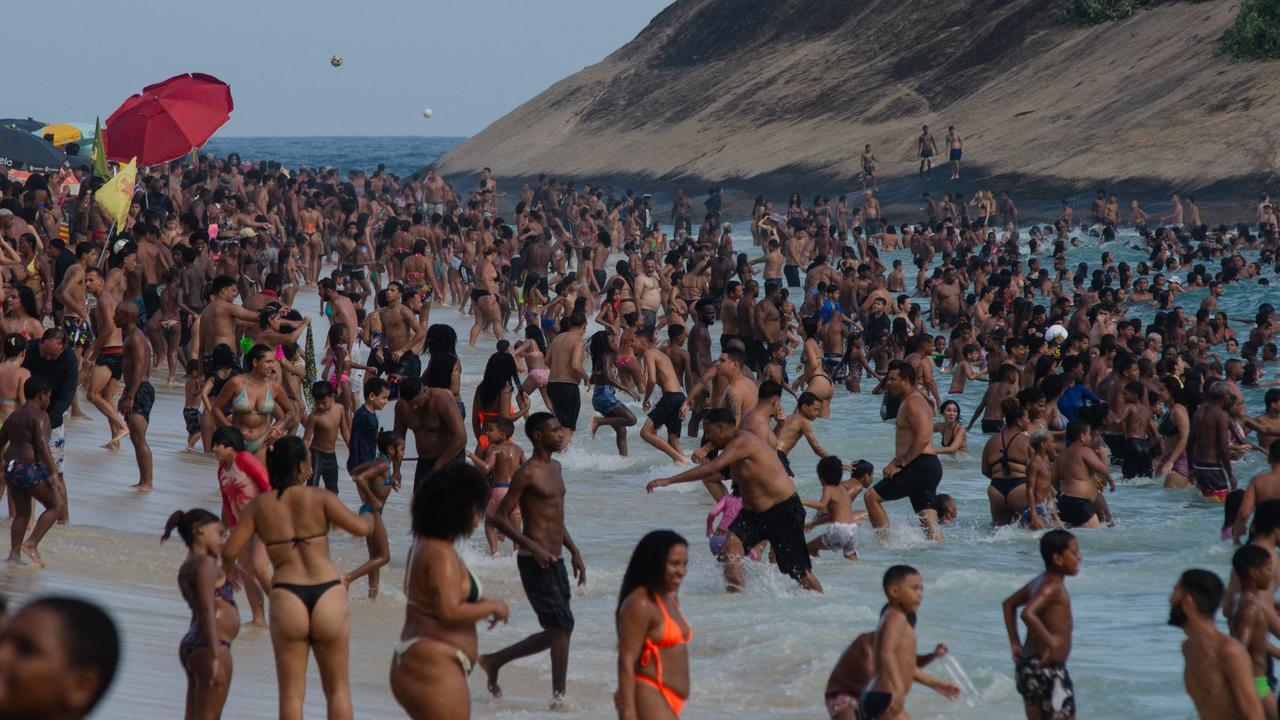
Gary Cohen, Latin America general manager of Melbourne-based travel company Intrepid Travel, told news.com.au there was no official travel warning and their tours were still running in Brazil, but there were some changes to keep travellers safe.
“As with all of our trips, the safety of our travellers is our number one priority,” he said.
“All departures are currently running as planned, though there may be some changes to include activities early or late in the day to avoid the hottest period.
“Our leaders will be delivering expanded safety briefings around hydration and rest, and some activities like trekking and walking may be changed for less strenuous ones depending on the conditions on the day.”
Mr Cohen said travellers needed to make sure to carry lots of water.
“We also recommend wearing a hat, ensuring you have sunscreen at hand, and avoiding being outside during the hottest part of the day. If you do go out, remember to stay hydrated and rest often,” he said.
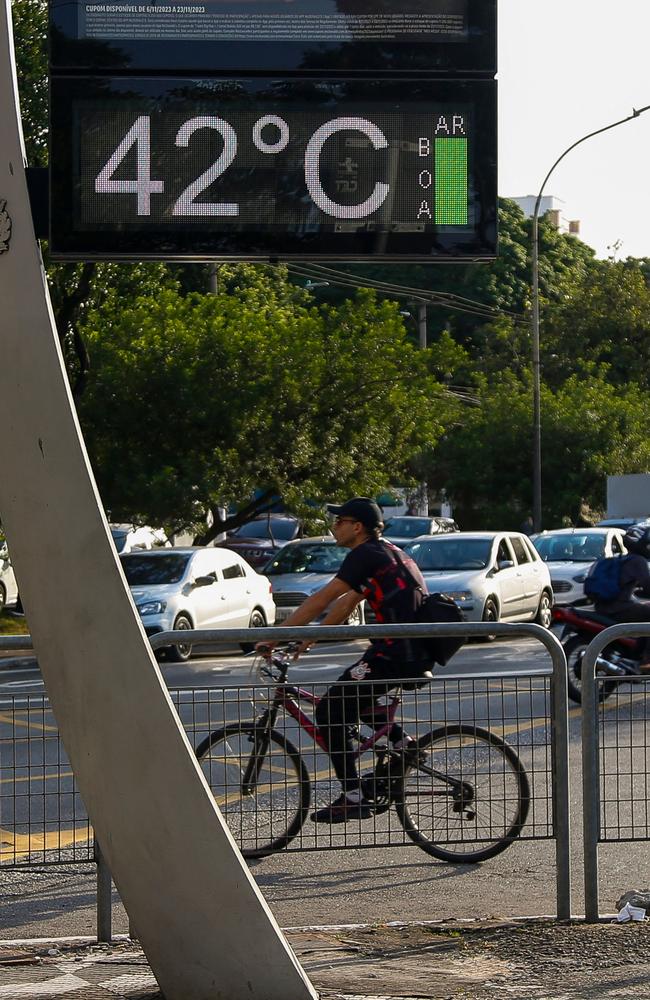
Intrepid Travel CEO James Thornton told news.com.au in August tour operators are needing to review the way they travel to different areas across the globe.
From January last year to April this year, 76 Intrepid tours were disrupted in some way due to climate-related impacts, Mr Thornton said.
It included minor re-routing of itineraries to some full-scale group evacuations. The disruptions included wildfires in the US, a prolonged monsoon season in South East Asia and Hurricane Ian in Cuba.
This European summer Intrepid tours were altered to deal with the extreme heat there, including going out in the early morning and evening, while avoiding being out and about during the peak heat in the middle of the day.
Mr Thornton predicted within the next five to 10 years Aussies will be choosing to jet off to Europe for Easter and September school holidays instead of the wildly popular July and August months.
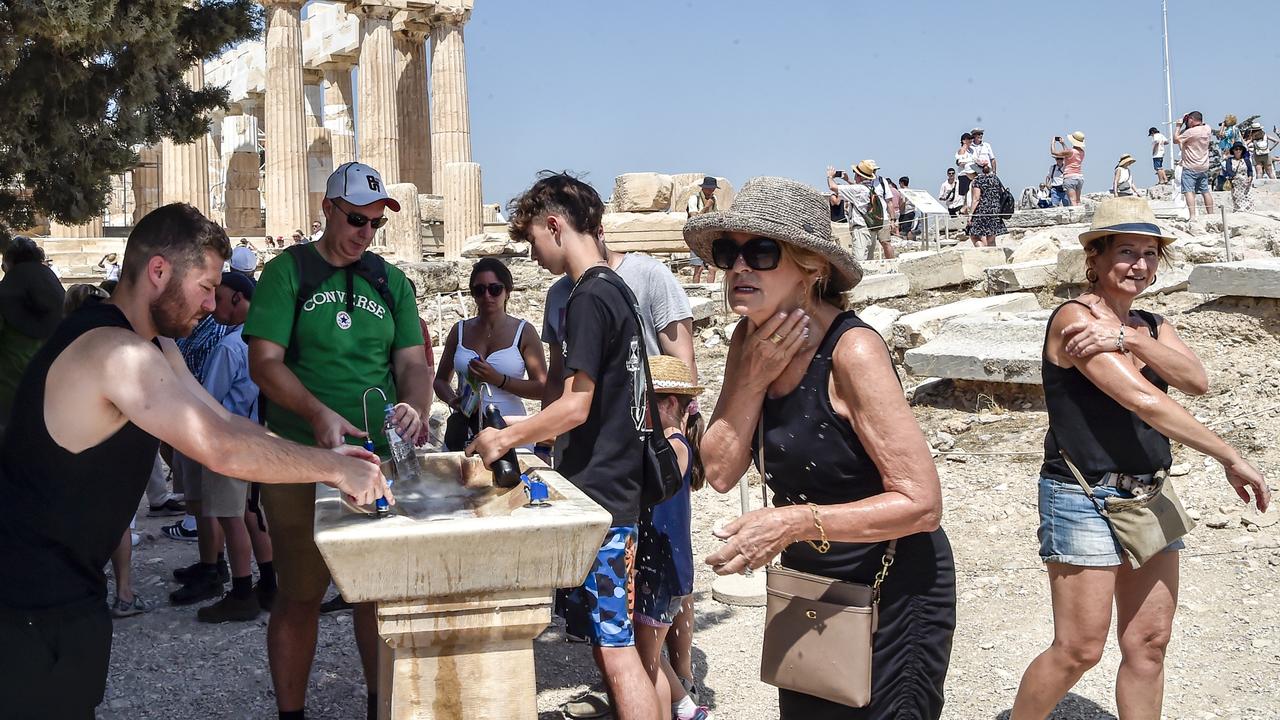
Big Red Group chief executive David Anderson told news.com.au in November an El Niño will influence the way tourists want to experience Australia this summer.
“If you look at the 2019-20 summer season, the last really warm, dry summer, it’s characterised by Aussies en masse getting outdoors,” he told news.com.au.
“[Big Red Group saw] about a 47 per cent increase in bookings on average in that year compared to a normal year.”
The Big Red Group includes tourism experience booking sites RedBalloon, Adrenaline and Experience Oz.
This year he expects outdoor and water experiences like kayaking, jetskiing and swimming with dolphins will be extremely popular once again, and said the data showed Aussies were wanting to stay closer to home.
– with AFP




